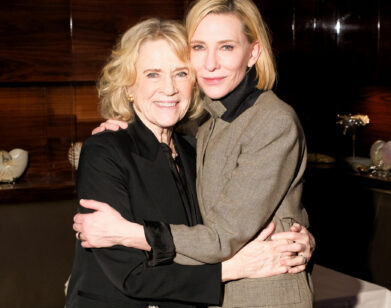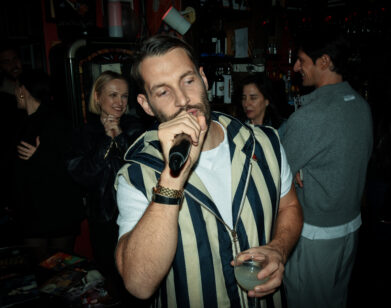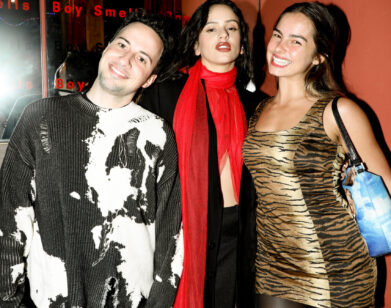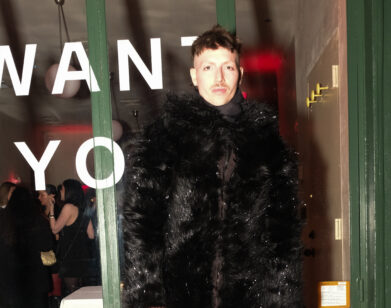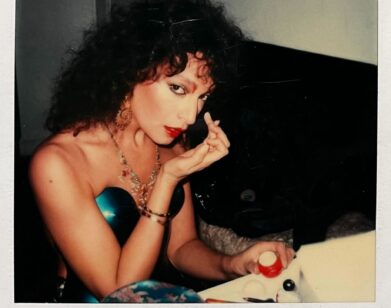Why Is Anyone Still Making Magazines In 2019?
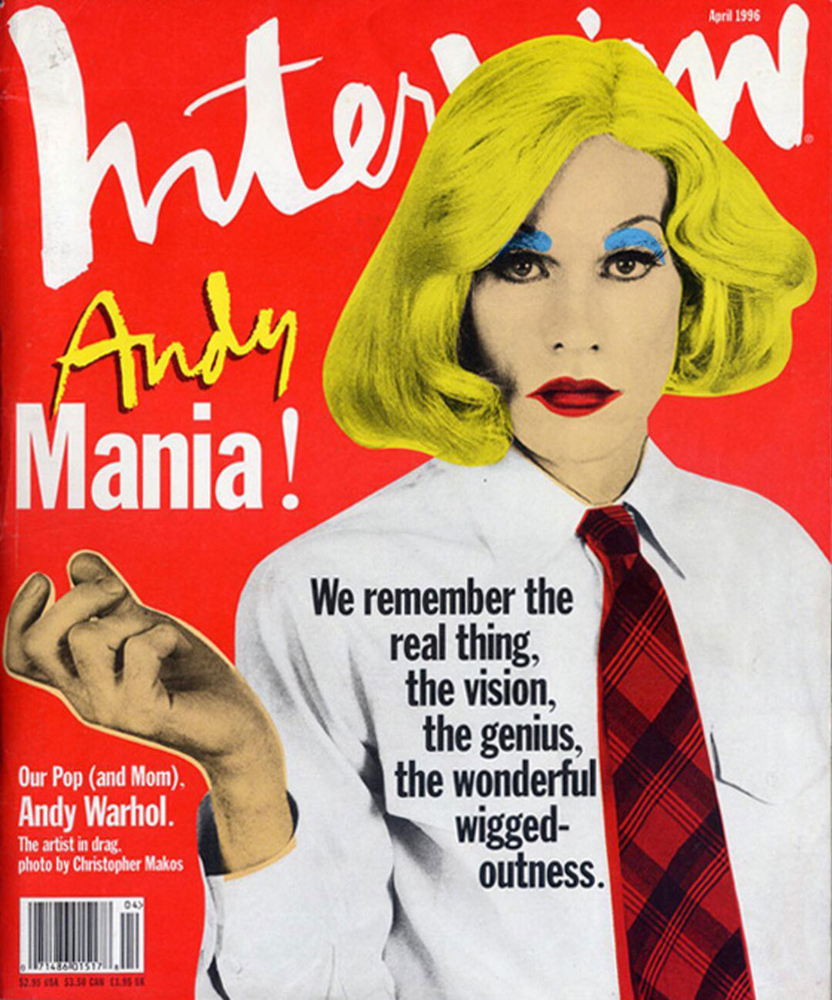
Andy Warhol, photographed by Christopher Makos, on the April 1996 cover of “Interview.”
It’s day 33 of the government shutdown, and the president has, days earlier, forced the Speaker of the House to delay her trip to visit troops in Afghanistan. A pop star from the Bronx has emerged as a Voice of the People. A comely egg has eclipsed a reality star to boast the most-liked photo on Instagram. An absentminded woman recently boarded a flight from Atlanta to Japan with a gun in her bag. And I am sitting at my new desk here on Canal Street, surrounded by unpacked cardboard boxes, on what feels like my 73rd draft of this letter.
The truth is, I’m having a hard time figuring out how to fill this page. My trouble with this space is that it’s become a metonym for a larger concern that I can’t seem to shake, which is: Why, in 2019, when the world is going to pot, is anyone still making magazines? What purpose does a ream of paper with words and pictures serve in a time of warfare and walls?
At Interview, our goal is neither to retreat from the world nor to accept that it can’t be changed. It is to find, always, but especially in moments of unrest, a way to talk about what’s going on, to chronicle and immortalize it, while giving space and the spotlight to those who make it better, or at least fun. This is why, not just in the same issue but from one page to the next, we’ve included both a story on the cast of The Hills and a conversation about women’s health between the new president of Planned Parenthood, Dr. Leana Wen, and the activist and former first daughter Chelsea Clinton. It’s why, right after a photo essay of Paris Hilton’s cell phones, we’ve got an interview with the Man Booker-winning novelist Marlon James on what it means to be a queer man of color in America today.
When I can’t figure out what to write, I don’t try to force it (much to the dismay of our wonderful managing editor, Megan Wray Schertler). Instead, I usually look at Instagram. Or I watch shitty TV. In this case, I chose to re-read every word in this issue, and found in the process another answer to the question of why anyone today is still making magazines. Take, for instance, Anne Imhof, who tells her friend, the stylist Lotta Volkova, in this issue, “I’ve always wanted to be an artist.” Or the musician Mark Ronson, who says to the actress Rashida Jones, “I never was good at anything else enough to be led down another path. I knew I loved music.” Or Julia Roberts, who, when asked by our cover star Cate Blanchett why she makes movies, replies, “They call to me.”
As we usher in the 50th year of Interview, that is as good a way as any to sum up how I feel about the work we do here: It calls to us.

